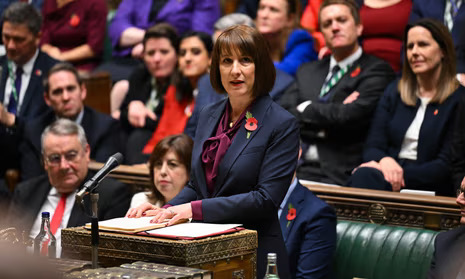From 1 January 2025, VAT will be applied to private school fees. Although the proposed draft legislation offers some guidance, questions remain, including the exact definition of "wholly or almost wholly" and what qualifies as a "closely related service."
Following the Autumn Budget, we now have increased clarity regarding some aspects of VAT application on fees for “Private Schools.” However, certain areas remain uncertain, and further guidance would be helpful to avoid a scenario where schools may need to seek individual rulings from HMRC, which would be less than ideal.
The main insights from the Budget, based on the recent Technical Note (published in response to the recent consultation) and the updated draft VAT legislation, are outlined below:
What we know:
- The changes will take effect for school terms starting from 1 January 2025 as anticipated, despite numerous requests for a delay
What’s changed?
- Further Education Colleges that primarily do not focus on providing education for 16-19-year-olds and do not charge fees for the majority of these students do not qualify as "Private Schools" and thus are not required to charge VAT on their fees.
- Higher Education providers, including universities (but not Art Schools), are excluded from the requirement to charge VAT. However, it remains unclear how this exemption is reflected in the legislation.
- The definition of nursery classes has been revised so that nursery fees do not become subject to VAT if just one child in the class reaches compulsory school age. While this clarification was needed, further guidance may still be necessary, as the new definition uses the term "wholly (or almost wholly)" without specifying what qualifies as “almost wholly” below compulsory school age. The technical note suggests this should mean a majority, but it’s unclear if this is in terms of time, number, or more than 50% of all pupils.
- Providers of Teaching English as a Foreign Language courses are now excluded from the "Private School" definition, meaning their fees will remain exempt from VAT, aligning with the policy aim to support these services even when profit-making.
- Anti-forestalling provisions will not apply to payments made before 29 July 2024, although HMRC still intends to review payments made prior to this date.
- Non-maintained special schools will effectively be exempt from anti-forestalling rules for any payments made before 30 October 2024.
- The connected persons test has been updated to exclude cases where an eligible body and the private school are closely linked by financial, economic, and organisational ties, likely to remove redundancy given the other connected persons criteria.
- School meals, if charged separately and offered as an optional service, may be exempt from VAT, according to the technical note.
Outstanding questions and areas open to interpretation include:
- What constitutes a “closely related” supply of education?
- What constitutes a single supply and what can be charged for separately and be treated as being exempt?
- How to treat and apportion the recovery of pre-registration input VAT?
- Will the standard method override apply to VAT recovery (Capital Goods Scheme)?
- Will Private Schools have to apply the Tour Operators Margin Scheme?
- Welfare vs Education – After school clubs vs Football classes?
What to do now?
With VAT registration applications open from today, the remaining question is whether HMRC is prepared for the influx.
For guidance on preparing and a roadmap for next steps, please reach out to our VAT Partner, Prinal Nathwani.


